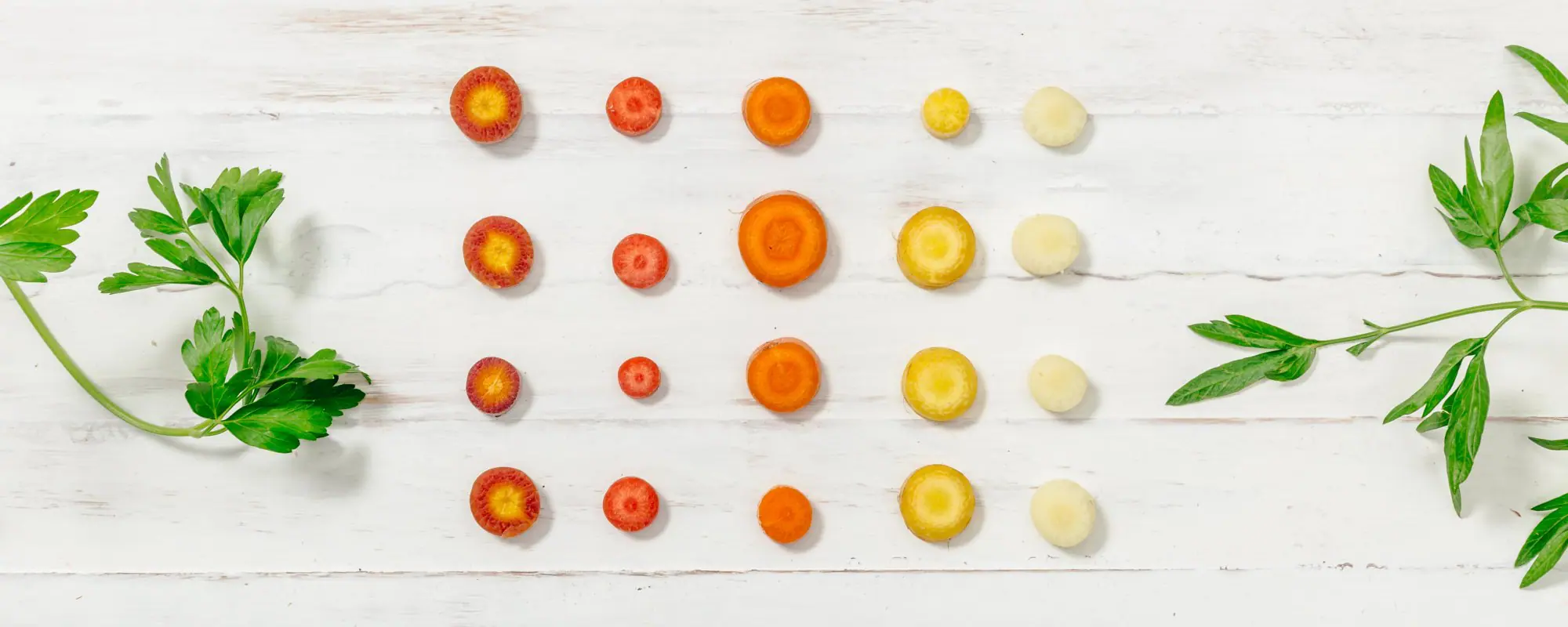Fair, circular solar panel
Biosphere Solar
Individual
A takeaway chips tray made out of carbon capturing materials to counter ocean acidification at an individual scale.
Over absorption of atmospheric carbon dioxide by the ocean lowers the ocean’s pH, causing a 30% increase in ocean acidity since the industrial era. Scientists, policy makers, and engineers have been, for the past decades, researching on solutions to the issue, grouping these into what is called Ocean Negative Emission Technologies – these propositions need financial help from Governments and years of planning to be put in place. So how could we, as a collective, help with ocean ecosystems regeneration from an individual to a global scale ? This project tackles the issue of Ocean Acidification by replacing fossil fuel based materials used for takeaway trays with CO2 capturing materials (oyster shells), CO2 absorbing minerals (Olivine) and seaweed, to help marine ecosystems at its end of life. These ingredients are food safe and do not impact the food taste either. After use the object is made to be left on the beach to act as a deacidifying agent for the marine ecosystems. It will take 14 days to dissolve, so it will not cause any “visual harm” to the surrounding environment either. If the 7.87 Billion people on Earth started using this product as much as people use traditional plastic objects on the beach, we could collectively act as a global agent for deacidification all around the world.
FabCafe Kyoto MTRL Marketing and Production
I must admit I was surprised by a concept that encourages us to abandon empty food containers on the beach. Then again, no matter how much we promote enlightened attitudes towards waste management, there will always be people whose behavior we can’t change. This idea could be a shortcut to improving the marine environment through beach-going itself, regardless of individual attitudes towards waste. Implementation seems straightforward as the containers are simple to manufacture and distribute, with economic benefits for restaurants that dispose of oyster shells and factories that make the containers. The system is designed to start small, and I could sense real possibilities here.
The Fossilizator
Néolithe
Organic Reusable Cloth Pads for Circular Economy and Access to Sustainable Menstruation for All
Eco Femme
Recycling Service for Reusable Packaging Materials Aims to Reduce as Much Waste as Possible from Deliveries
88Base inc.
source of education
Takayama Shokai Corporation
Toothpaste Paper & Bamboo Toothbrush as a earth friendly choice
HOWA.INC / MiYO Organic
The “Neochromato Process”
Masaaki Sugimoto / Mitsuo Matsuda
True Circulation; death connects birth.
Group:Keio University SFC, BIOTA inc.
PACKBAGS
PACKBAGS
GOOD CYCLE BUILDING 001
ASANUMA CORPORATION + Nori Architects
MYCL Composite Project
Mycotech PTE LTD
Machi no Closet (Machi Closet)
Playblue inc.
Dayra
dayra collective project
AIRBUBBLE
ecoLogicStudio
NUNOUS
SEISHOKU CO., LTD. NUNOUS Div.
Another Moon
Kimchi and Chips
Leap
Beyond Leather Materials
ASO-DEKASUGI GUARDRAIL Project
Kyushu Universiry
GURUGURU Radish
Oisix ra daichi Inc.
Trash Encyclopedia (“Trashpedia”)
Zero Waste Malaysia
Plant-Based Fiber Products
JU TIAN CLEANTECH CO., LTD.
Mikafi Roasting Platform
Mikafi GmbH
Landless Food – Regeneration of extinct flavor families via microalgae
individual
Japan’s first craft beer made from disaster stockpiles
CEO
Mineralloop
Individual
Mirai Instruments Labo
Solo
“Upcycled Speakers” in collaboration with art
Tina Audio Co., Ltd.
Aquaterrestrial Recolonization
College For Creative Studies, Detroit, United States / University of The Bahamas, Nassau, Bahamas / AI.R Lab, United States

UP FOOD PROJECT
Koru Inc.
The Purhyphae Project
Fabricademy Barcelona
open material
openmaterial